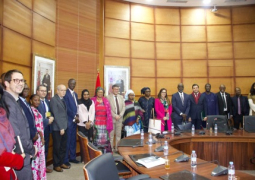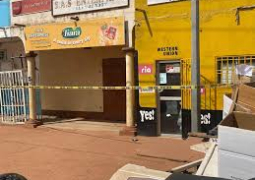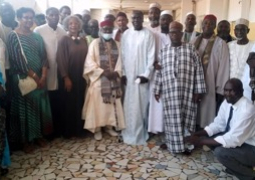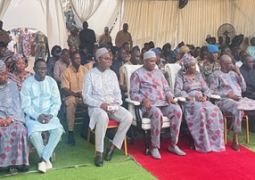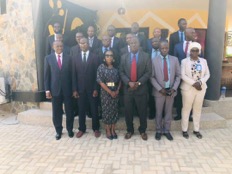
Speaking at the five days convergence held at the Bakadaji Hotel alongside Senegambia, Dr. Olorunsola E. Olowofeso, director general of the West Africa Monetary Institute (WAMI) explained that the 8th college meeting and previous meetings demonstrate the unweaving commitment of WAMI and the college members to promote the growth and stability of the non-bank financial sector across the WAMZ.
Dr. Olowofeso added that CSNBFI has been very instrumental in serving as a platform for them to share developments in their respective jurisdictions with a view to facilitating the harmonisation of regulatory and supervisory policies.
“Over the years, our deliberations from the various college meetings have served as an oasis of knowledge, where member countries shared their experiences and learned from the developments and experiences of other jurisdictions.”
He added that this has promoted greater integration and collaboration between their jurisdictions and represents significant steps in achieving their goal of comprehensive harmonisation of regulatory and supervisory policies.
“The importance of harmonisation is more relevant than ever as financial institutions within the WAMZ are getting more sophisticated and as a result, their operations are transcending borders. In this regard, it is vital for college members to collaborate in areas of joint supervision with a view to ensuring the stability of the non-bank financial sector as well as mitigating the crystallisation of systemic risks,” he stated.
Siaka Bah, the chairman of CSNBFI who read the keynote address on behalf of the Governor of the Central Bank of the Gambia, stated that the convergence was to discuss pertinent issues that are geared towards promoting integration and maintaining the stability of our respective economies.
Mr. Bah said the regional financial integration represents one of their core objectives to accelerate the intra-regional trade in the West African Monetary Zone and to boost economic growth. He added that the activities of the CSNBFI are paramount in the realisation of integration efforts and achieving financial sector deepening in the WAMZ.
“A strong and vibrant non-bank financial sector can serve as a catalyst for growth by complementing the banking sector in providing financial access to critical areas of our economies.”
During the convergence, participants drawn from across West Africa will be availed the opportunity to discuss automation of supervisory processes; adoption of a model act for non-bank deposit specialised institutions and supervisory approach and implementations of a risk-based supervisory framework on accounting and reporting standards among others.


